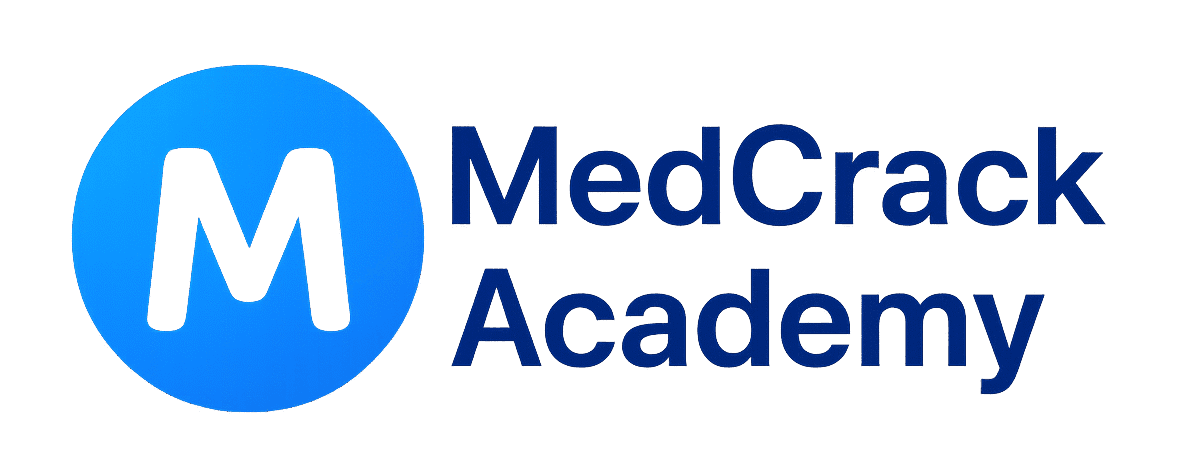IMM Oral and Maxillofacial Surgery Syllabus:
In the dynamic field of Oral and Maxillofacial Surgery (OMFS), a thorough understanding of fundamental principles and advanced techniques is paramount. Aspiring professionals in OMFS benefit from a detailed syllabus that covers a wide array of topics. Let’s delve into the key areas:
1. Principles of OMFS
- Evaluate preoperative health status
- Understand wound repair mechanisms
- Topics include incision techniques, hemostasis, wound healing, and infection prevention.
2. Exodontia
- Explore tooth extraction nuances
- Learn about patient assessment, extraction techniques, post-operative care, and managing complications.
3. Management of Impacted Teeth
- Understand indications, classifications, and removal techniques
- Delve into pre, peri, and post-operative considerations.
4. Asepsis, Sterilization, and Infection Control
- Maintain a sterile environment
- Cover microbial management, sterilization techniques, and cross-infection prevention.
5. Antimicrobial Therapy and Analgesics Use
- Equip surgeons with knowledge on antibiotics, analgesics, drug interactions, and allergic reactions.
6. Diagnostic Techniques and Investigations
- Interpret radiological findings
- Perform essential surgical diagnostic procedures.
7. Medical Emergencies
- Be prepared for common emergencies
- Understand drug management and timely referrals.
8. Odontogenic Infections Management
- Address microbiology, spread, and management of odontogenic infections
- Handle complex facial space infections and maxillary sinus diseases.
9. Pathologic Lesions and Oral Malignancies
- Master biopsy procedures and differential diagnosis
- Effectively manage oral pathologies and precancerous lesions.
10. Trauma Management
- Assess and manage traumatic maxillofacial injuries
- Cover soft tissue injuries, fractures, and reconstructive techniques.
11. Pre-Prosthetic Oral Surgery
- Prepare the oral environment for prosthetic rehabilitation
- Master alveolar ridge augmentation techniques and address tori.
12. Dental Implantology
- Understand implant biology, treatment planning, and surgical techniques
- Ensure successful implant placement and restoration.
13. Temporomandibular Joint Disorders
- Explore classification and management of TMJ disorders
- Consider surgical interventions.
14. Anesthesia
- Administer local, regional, and general anesthesia
- Learn about drug pharmacology, adverse effects, and patient safety protocols.
15. Oral Medicine and Bone Pathology
- Cover oral vesiculobullous lesions, autoimmune disorders, bone pathology, and developmental anomalies.
16. Orthognathic Surgery
- Assess, plan, and surgically correct dentofacial deformities
- Explore advanced techniques like distraction osteogenesis.
17. Developmental Anomalies
- Understand etiology and management of cleft lip and palate
- Ensure comprehensive patient care.
18. Medico-Legal and Ethical Issues
- Explore legal and ethical considerations
- Prioritize informed consent and accurate patient documentation.
